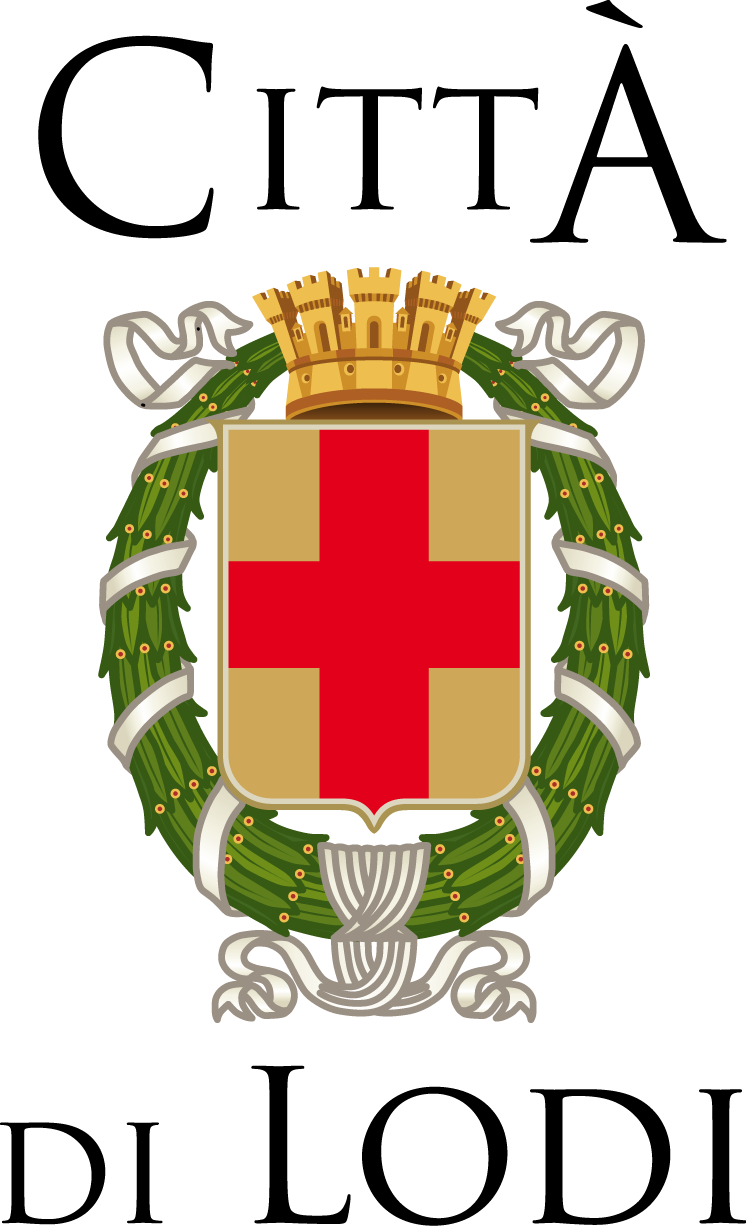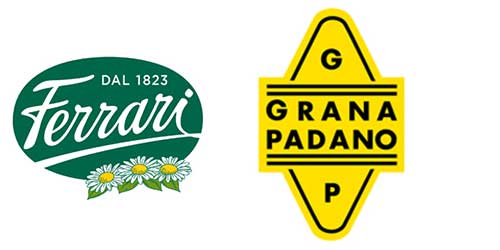BLUEBACK
For his personal exhibition at Platea, Alessandro Manfrin presents a series of advertising posters recovered from the city, overturned and reassembled as if they were a sky where the viewer's gaze is destined to get lost, disoriented. Through this operation, the artist reveals the blue back cards on the back of the posters. The blue back is a material used in advertising posters to cover the underlying posters when new ones are posted, preventing the printed images on each layer from interfering with each other. Now torn, now rolled up and abandoned on the ground, these materials fascinate the artist for their ability to retain traces of urban life. The frenetic rhythm of the contemporary city seems transcribed in the crusts and wrinkles of these advertising posters even before the artist collects them to transform them into the wallpaper that covers Platea's room, now in its entirety.
Advertising posters undergo a continuous turnover on the city's billboards, under the accustomed eyes of those who inhabit it. The city that Manfrin portrays is Milan, the place where the artist lives and the subject of many of his works prior to those exhibited at Platea. The artist describes Milan starting from objects he himself defines as "exhausted, tired." Disused billboards are indeed objects that have lost their ability to capture the attention of those who pass by. Piled up at the edges of the streets, the masses of blue backgrounds are perceived by the artist as the wrapping of an urban unconscious deprived of its natural ability to generate new desires. Through his wanderings, Manfrin is interested in "tracing the scars of acceleration" linked to "hypertrophic consumerism" that reproduces at various levels of urban reality—through the people who inhabit it, as well as through the life cycle of objects. In this sense, the blue back cards exhibited by the artist at Platea are a skin. The viewer is confronted with the image of the flayed body of the city of Milan, without any mediation.
The artist collects and collects the blue background of advertising billboards and then lays them under a press, improvised in his Milanese studio. By operating in this way, Manfrin turns these torn posters back into smooth sheets ready for reuse. At Palazzo Galeano, the blue back cards taken from the metropolis of Milan cover the interiors of Platea in an unusual position compared to how they are normally displayed in cities. The advertising images, of which the blue back supports embody the back or the background, are no longer accessible to the viewer's sight. Manfrin performs this reversal of layers, between the blue back paper and the advertising print, imposing a high degree of abstraction on the final image that the artist presents during his solo exhibition. Thanks to the sought-after effect of almost total overlap between the walls of the space and the material used, the perimeters of Platea's walls limit and compress the potentially boundless and horizonless vision generated by the blue of the paper used. "Blueback" thus manages to coexist, on the one hand, with the attempt to transform into vision the acrid and unhealthy odor of the city that the artist introduces to Platea with this work, and on the other hand, with the romantic and poetic imagery of "Il un cielo in una stanza" (A Sky in a Room), as the popular refrain of Gino Paoli's song goes.
The action proposed by Manfrin distinguishes itself from practices that could be considered similar—among these, historical examples such as Situationist détournement or the practice of the Benjaminian flâneur, among others—to take a stance toward the city that is neither rejecting nor moralistic, nor corresponding to a total sense of ecstatic abandonment and fascination. The urban landscape is described in the artist's works through a layering of the multiple places and temporalities that characterize it, now fused into a single image. This is the result of Manfrin's crossings of the city, during which the subjectivity of the artist is silenced without ever being entirely absent. Positioning himself as a collector of urban materials, the artist shows us the spontaneous poetry generated through the use, consumption, and finally, the abandonment of the common objects of the city.
BIO
Alessandro Manfrin lives and works in Milan. In 2021, he completed his studies in visual arts at the Iuav University of Venice. His work has been exhibited at Gian Marco Casini Gallery, Livorno (IT); DEGREE SHOW II, Palazzo Monti, Brescia (IT); JaguArt x Artissima, Venice (IT); Aqua, curated by Eva Comuzzi, Lignano Sabbiadoro (IT).
CURATOR
Giulia Menegale is an independent curator and researcher. She completed a master's degree in Contemporary Art Theory at Goldsmiths, University of London, in 2020, and a bachelor's degree in Multimedia Arts at IUAV (University of Architecture of Venice) in 2018. She has collaborated as a curatorial, editorial assistant, and researcher with Looking Forward C.I.C. (London, UK), Castello di Rivoli – Museum of Contemporary Arts (Turin, IT), Island gallery (Brussels, BE), and Taryn Simon Projects (New York, US). Her articles have been published by WCS/CD (Belgrade, RB), Subbcultcha (Amsterdam, NL), Artillery Mag (L.A., US), and other academic journals. She has participated in the following residencies and curatorial courses: Bagni d'Aria (Turin, IT), Salzburg Summer Academy (Salzburg, AU), IMMA- Art and Politics Summer School (Dublin, IR), Unidee, Fondazione Pistoletto (Biella, IT), and Ramdom (Lecce, IT). In 2020, she co-founded a transnational collective, c-c-q (Collective for Constant Questioning), and an online platform (www.c-c-q.com) that investigates curatorial practice through a series of interviews with internationally renowned curators.
Using an intersectional perspective and developing an analysis of reality through affect theory and institutional analysis, Menegale's research focuses on the epistemological value of negative emotions and their potential role in subject formation processes, beyond prevailing social paradigms internalized by individuals.


| Cookie | Duration | Description |
|---|---|---|
| cookielawinfo-checkbox-analytics | 11 months | This cookie is set by GDPR Cookie Consent plugin. The cookie is used to store the user consent for the cookies in the category "Analytics". |
| cookielawinfo-checkbox-functional | 11 months | The cookie is set by GDPR cookie consent to record the user consent for the cookies in the category "Functional". |
| cookielawinfo-checkbox-necessary | 11 months | This cookie is set by GDPR Cookie Consent plugin. The cookies is used to store the user consent for the cookies in the category "Necessary". |
| cookielawinfo-checkbox-others | 11 months | This cookie is set by GDPR Cookie Consent plugin. The cookie is used to store the user consent for the cookies in the category "Other. |
| cookielawinfo-checkbox-performance | 11 months | This cookie is set by GDPR Cookie Consent plugin. The cookie is used to store the user consent for the cookies in the category "Performance". |
| viewed_cookie_policy | 11 months | The cookie is set by the GDPR Cookie Consent plugin and is used to store whether or not user has consented to the use of cookies. It does not store any personal data. |
map
Platea Palazzo Galeano:
Corso Umberto 46, Lodi, 26900
Platea Project:
Via Maddalena 3, Lodi, 26900 (open by appointment only)
email: info@platea.gallery
whatsapp: +39 351 149 8258